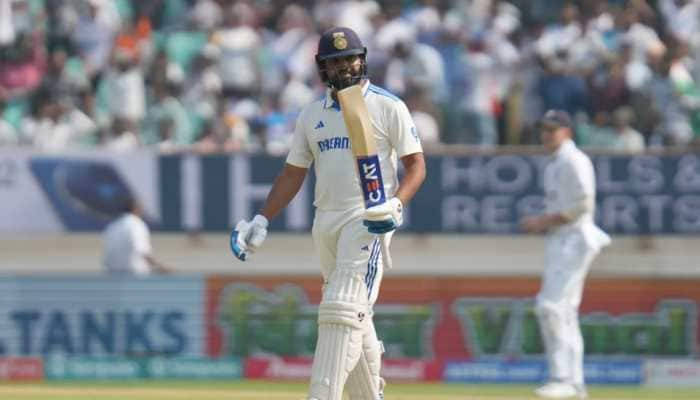S H Raza was a secularist in the true sense: Fraternity
Describing veteran artist S H Raza's death as a huge loss to the art world, many from his fraternity said that he and his works represented secular India.
Trending Photos
) Pic Courtesy: Twitter
Pic Courtesy: Twitter New Delhi: Describing veteran artist S H Raza's death as a huge loss to the art world, many from his fraternity said that he and his works represented secular India.
Remembering him as a great artist and as a true secularist, artist Arpana Caur said that Raza embraced all religions. "Art was his religion. Artists like M.F. Hussain and Raza are relevant in the current Indian context, where we are witnessing tensions in the name of religion. Raza embraced all religions," Caur told IANS.
Known for his signature motifs of circles and dots, the doyen has met the creator of the 'Bindu' now, said Caur . "He has gone to meet the maker of 'Bindu', said Caur adding that Raza Foundation set up by the artist had helped many young artists to pursue their passion.
Raza, one of the founder members of the Progressive Artists’ Group in Bombay in 1947, has also been credited with the evolving of the modern Indian art. Reminiscing his contribution, A Ramachandran, one of the leading figures in the contemporary art scene, said that Raza played a significant part in evolution of the modern Indian art.
“The Progressive movement brought a drastic change to the art scene in post Independent India. Raza, as a founder-member, definitely played a significant role in evolution of Indian art,” Ramachandran told IANS.
Raza, who was conferred with the Padma Shri in 1981 and Padma Bhushan in 2007, had returned to India after living in Paris for six decades.
Raza was strongly attached to his roots, says Roobina Karode, Director, Kiran Nadar Museum of Art.
“There are more than 20 significant works of the artist in the KNMA collection, starting from his early works that capture the city in formal configurations of flat shapes and diverse colours painted in jewel-like, miniature-sized gouaches and water colours. Though he settled down in Paris, his abstractions on nature and the cosmos drew their energy from memory, metaphysics and at times, from mystical knowledge,” said Karode.
He also testified to his deep knowledge of Hinduism. “Those who knew Raza saheb well would also remember that he had profound knowledge of homegrown philosophies, especially from Hinduism and could recite shlokas with great ease. His later works were about crystallization of a potent symbol such as the Bindu, Ankuran or Kundalini in its most simple and primordial form,” she added.
And for the young artists, Raza was more than an inspiration.”He was a huge inspiration to the younger generation. He was very active till the end,” said artist Mithu Sen.
For artist Subodh Kerkar, Raza's 'bindu' paintings exude the feeling of Shunyata. “I had the fortune of meeting Raza a number of times. Apart from being a great artist, he was the symbol of pluralism. He visited all places of religious worship to find the connectivity with the cosmic and the unknown,” said Kerkar, Director of Museum of Goa project.
"The light has gone out of he Indian Art scene. However it was no ordinary light and will continue to inspire generations of artist to come,” Kerlar aptly put.
Stay informed on all the latest news, real-time breaking news updates, and follow all the important headlines in india news and world News on Zee News.
Live Tv







)
)
)
)
)
)
)
)
)
)
